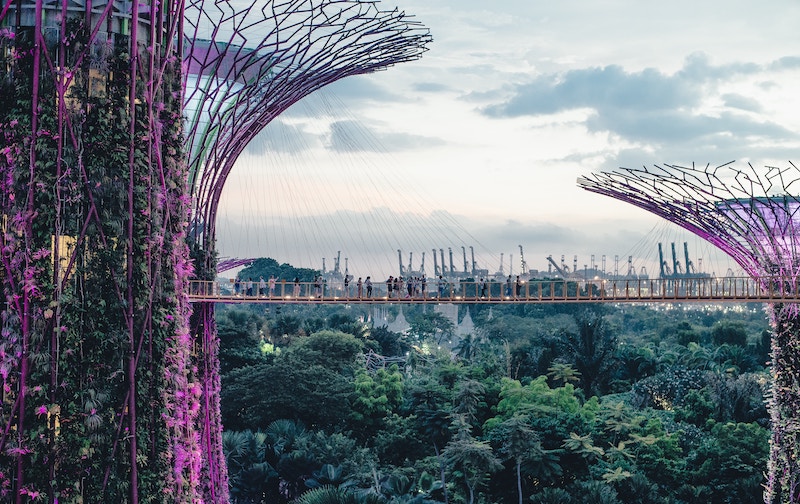Signaling its serious commitment in protecting Singapore from the effects of climate change, the Minister of Finance (and possibly the future prime minister) has allotted a portion of the country’s budget to invest in major infrastructure.
Finance Minister Heng Swee Keat delivered the Singapore Budget 2019 earlier this afternoon in Parliament, a part of his speech honed in on the importance of preparing for climate change.
“Climate change and rising sea levels threaten our very existence. As a low-lying island nation, there is nowhere to hide when sea levels rise,” Minister Heng stated, citing how other small island nations such as the Maldives are already facing the risk of flooding.
“To protect ourselves against climate change and rising sea levels, we will have to invest more,” he continued.
“Together with existing infrastructure needs, our total bill for infrastructure will increase significantly.”
Plans have already been set in motion to prevent local infrastructure from being affected by rising sea levels. These include the raising of low-lying roads near coastal areas, polders and dikes being piloted on the offshore island of Pulau Tekong, as well as the future mega Terminal 5 at Changi Airport being built at 5.5 meters above mean sea level.
Minister Heng, however, stated that the government remains unsure about the projected expenditure Singapore will take to prepare for climate change.
“We will continue to do our best to look forward, develop fiscal plans well in advance, and put in place the right approach to finance such long-lived major infrastructure.”
Carbon tax
Citing the need to do right for the future generations of the country, the minister also plans to impose a carbon tax this year to reduce greenhouse gas emissions. This, according to Heng, would be an important signal to companies and households to reduce emissions and adopt energy-efficient practices.
Diesel tax
In its efforts to discourage diesel consumption, Singapore will raise the excise duty for diesel by $0.10 per liter to $0.20 per liter immediately. To help companies adjust to the hike, Minister Heng will provide a 100 percent road tax rebate for the duration of one year (and a partial road tax rebate for another two years) for commercial diesel vehicles.
Zero waste
Something called the Zero Waste Masterplan will be launched in the latter half of the year, and that will entail the Ministry of Environment and Water Resources to look into better management of food waste, electronic waste and packaging waste, including plastics. Minister Heng praised two start-ups in the zero-waste movement — UglyGood and Tria — for working on new ways to convert food-related waste into practical products.
“Building a more sustainable environment makes our quality of life better, and also creates economic opportunities,” he affirmed.




